In the past few years, the French state only had enough power to protect immigrants from the French, and protecting the country's law-abiding citizens was out of the question. This can be glossed over, rendered indescribable or unutterable with the totalitarianism of political correctness, but this is something every French have known for years. This is common knowledge not only for those who oppose this kind of dictatorship, but also for those who support it. The fact that this dictatorship has actually had a majority among ethnic French people in every election so far foreshadows the fate of the country. It follows from this that the description of events could fall short of the usual level of political correctness in Hungary, if we wish to make any claim to reality.
This is not the first ethnic riot in France, but the umpteenth, and not even the first, in which ethnic French liberal and communist extremists were heavily involved. All this happened with
resistance from normal people emerging only now, with local self-defence groups appearing at the public level now, and even now the French police have not exceeded the very narrow limits set for them. It is rather typical that Mr Macron decided to take firm action only when the escalation was turning increasingly dangerous not for the population, but for the rioting crowd.
The birth, consolidation and the initially slow and then accelerating disintegration of mass democracies follow a logic, which we must understand when we try to make sense of the obedience the majority (seemingly and currently) of the French show in allowing themselves to be slaughtered. All this is happening in a country which, as a coloniser, did not refrain from the mass murdering of native Africans just three generations ago. Before modern states, local communities had the local right to define normality, and by definition, it was up to the community to decide who violated it and what punishment the violator deserved. It is not the subject of this article to delve into the how fair, humane, perfect or imperfect this practice was in general, but communities were real and local customs were practically mandatory at that time.
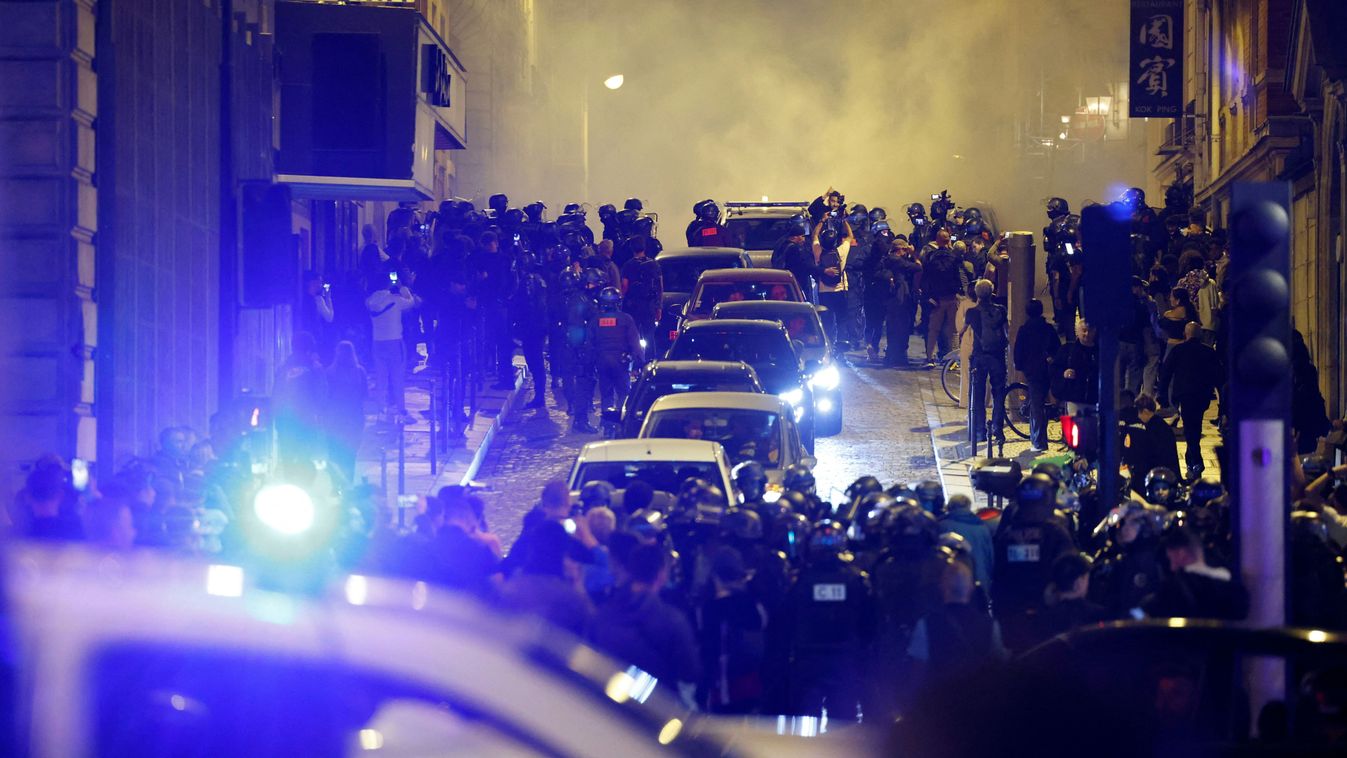
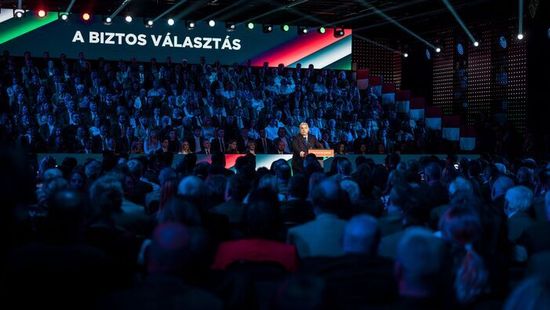
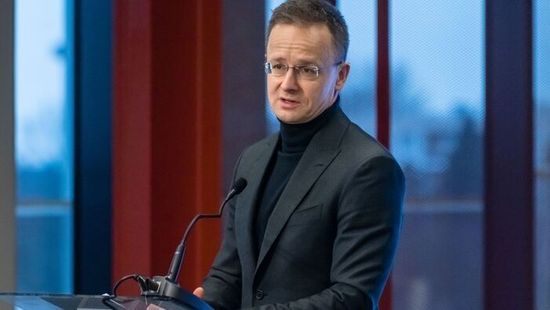
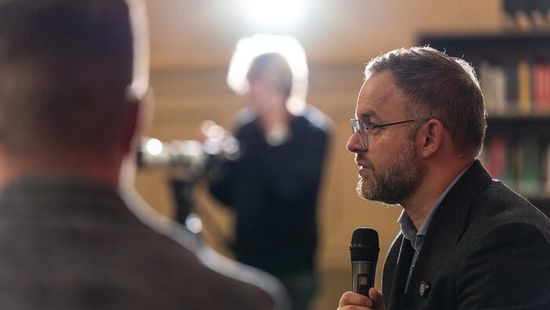
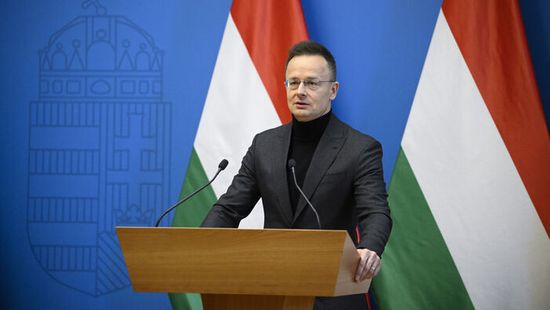

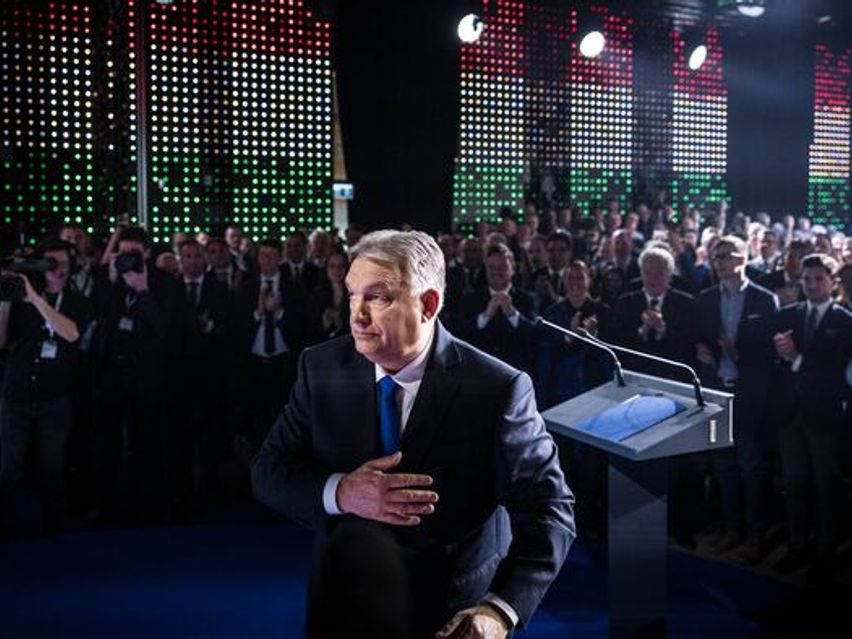
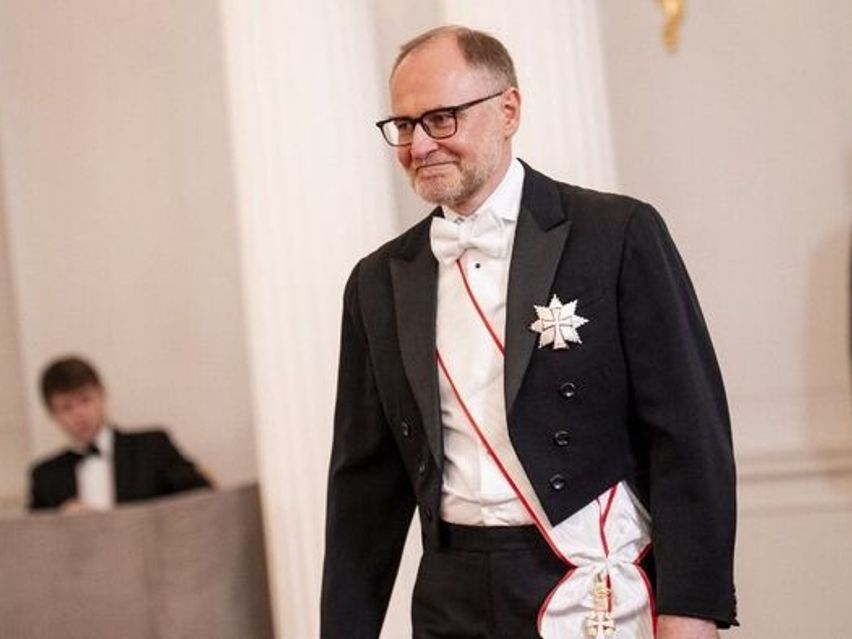
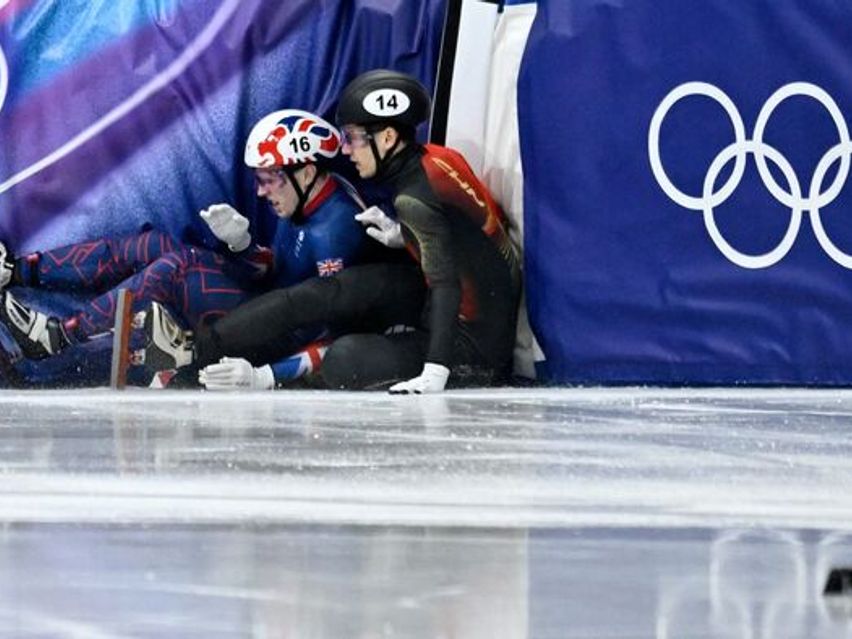
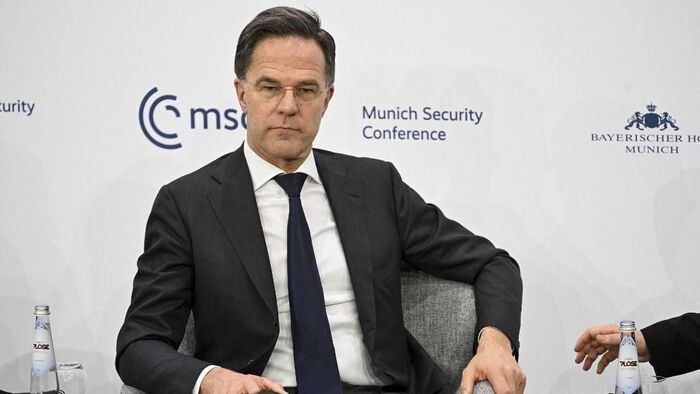

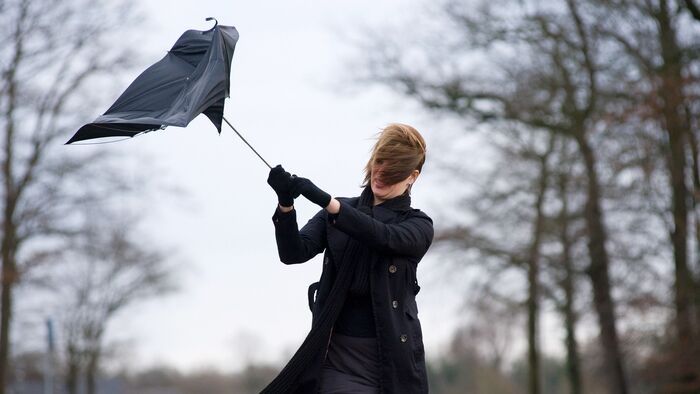
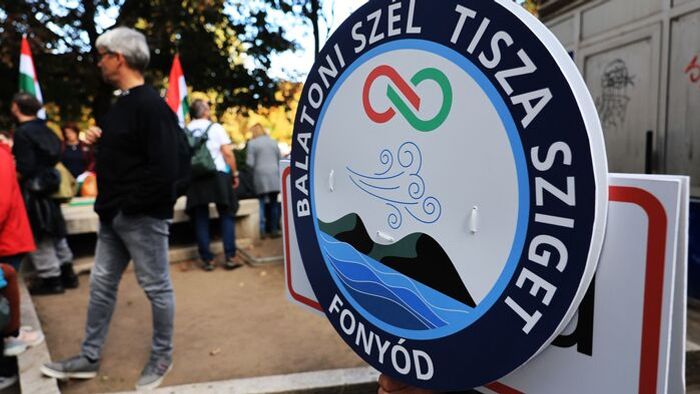
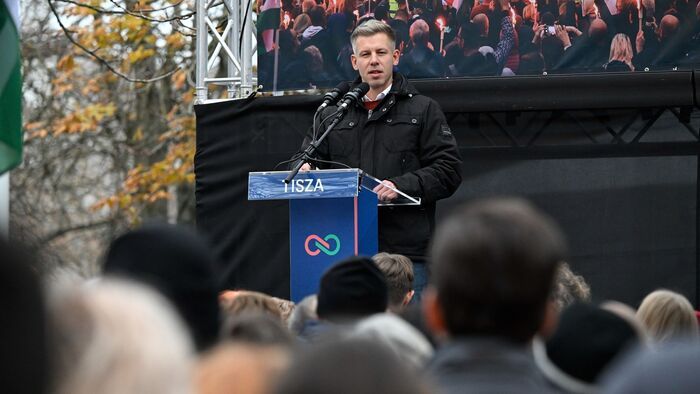
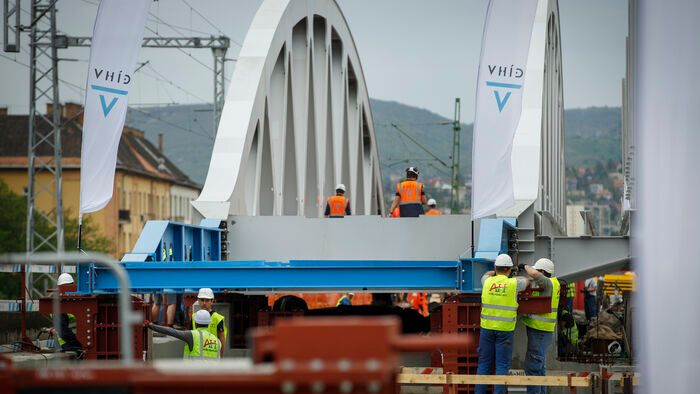
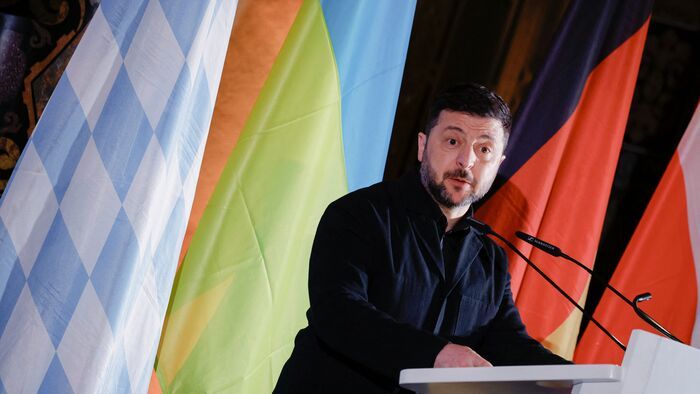
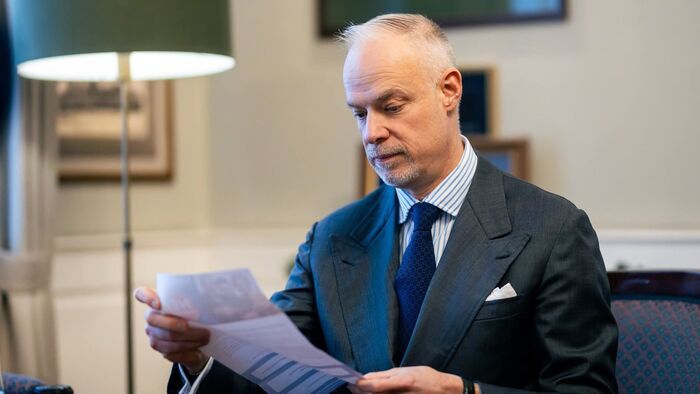
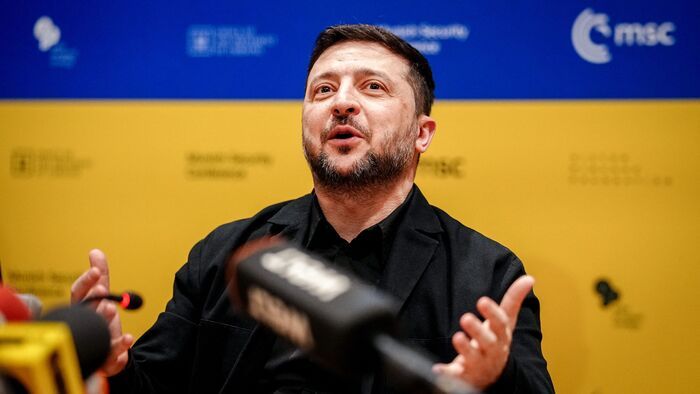

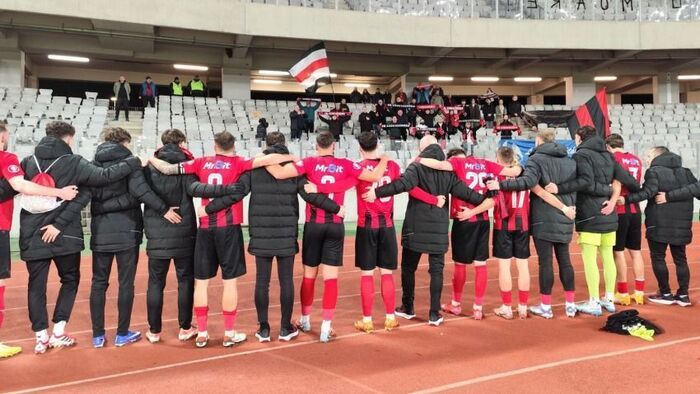

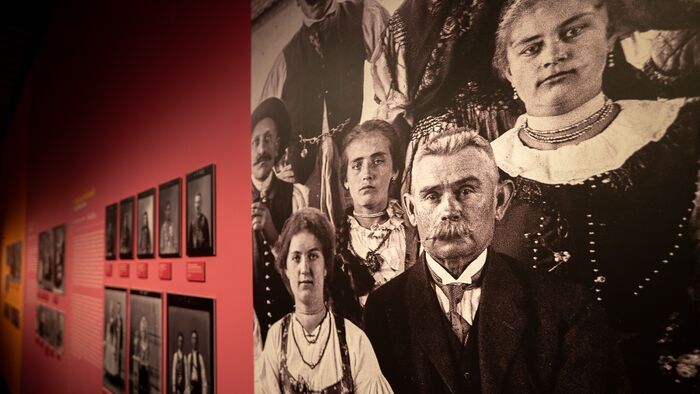

Szóljon hozzá!
Jelenleg csak a hozzászólások egy kis részét látja. Hozzászóláshoz és a további kommentek megtekintéséhez lépjen be, vagy regisztráljon!